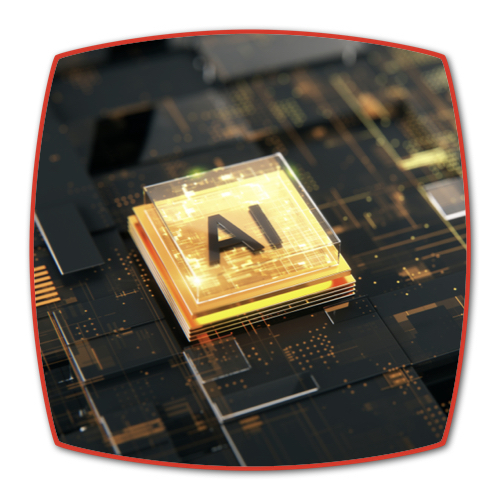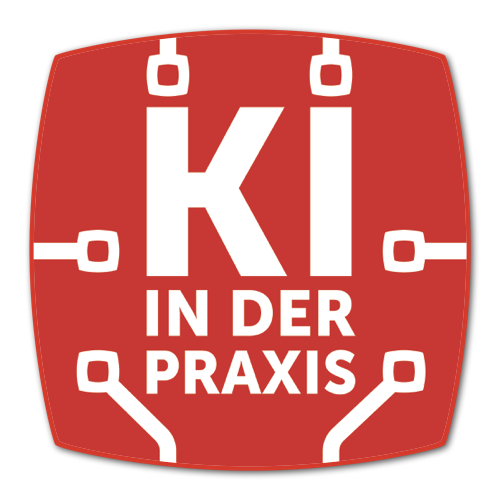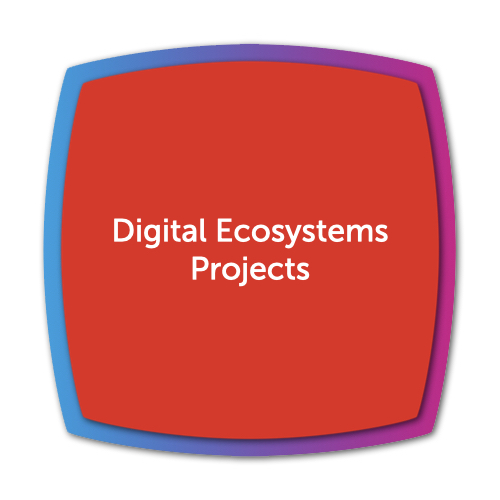
Digital Business Models
In 2024, the Digital Business Models (DGM) division of the eco Association was a driving force behind digital transformation, technological sovereignty and cross-industry collaboration.
The division brings together the Mobility, IoT and Email Competence Groups, as well as overarching focal points such as artificial intelligence (AI), digital sovereignty, quantum technology and various national and European funding projects. The Car Repair 4.0 mobility project was successfully completed at the end of 2024, and the 8ra project FACIS was launched.
Technological sovereignty through European language models
A central flagship project for the practical use of AI is LEAM. In collaboration with the German AI Association, the eco Association continued to pursue the LEAM (Large European AI Models) initiative in 2024, which was launched in 2021. The initiative aims to develop a sovereign European AI infrastructure comprising open, reliable and practical Large Language Models (LLMs) for business and administration purposes.
In close cooperation with the Ministry of Economic Affairs, Industry, Climate Protection and Energy of the state of North Rhine-Westphalia, the “LEAM im Rheinischen Revier” project was also initiated as a regional innovation platform focusing on AI data centres, domain-specific generative AI models and business-related applications. A corresponding feasibility and implementation report was commissioned for this purpose.

Quantum technology: the dawn of the next digital era
The eco Association set another thematic milestone with the event “Quantum Technology – The Next Stage of the Digital Revolution” on 28 November 2024 at the DE-CIX Meeting Center in Frankfurt.
This all-day conference provided comprehensive insights into the latest developments in quantum infrastructure, programming, sensor technology and encryption. Experts from business, science and administration discussed practical fields of application and innovation potential, ranging from quantum computing to quantum communication. The focus was on opportunities for new business models, future infrastructure and cybersecurity requirements, and the interface between AI and quantum computing. The strategic expansion of this topic within the eco Association was also discussed in more detail.
These projects exemplify how the DGM area renders key digital technologies usable in a business-oriented, understandable and trustworthy manner.

New eco initiative: AI in Practice
How can services and business models be meaningfully developed in the future through the use of AI? Since March 2024, the “AI in Practice” initiative, supported by the eco Association, has provided a suitable framework for addressing this issue and offering practical solutions. The initiative aims to collaborate with eco members to develop helpful concepts, best practices and recommendations for addressing industry-relevant AI trends. The initiative considers the opportunities and challenges from the perspective of various stakeholders in the value chain, including AI providers and data centres. A key megatrend is the development of data ecosystems. Relevant framework conditions, such as the AI Act and the Environmental, Social and Governance (ESG) Regulation, are taken into direct account.
AI in Practice also builds on the outcomes of the Service-Meister project, which focused on the application of AI in technical services from 2020 to October 2023. This project resulted in the development of a catalogue comprising thirteen universally applicable AI services, among other achievements.

